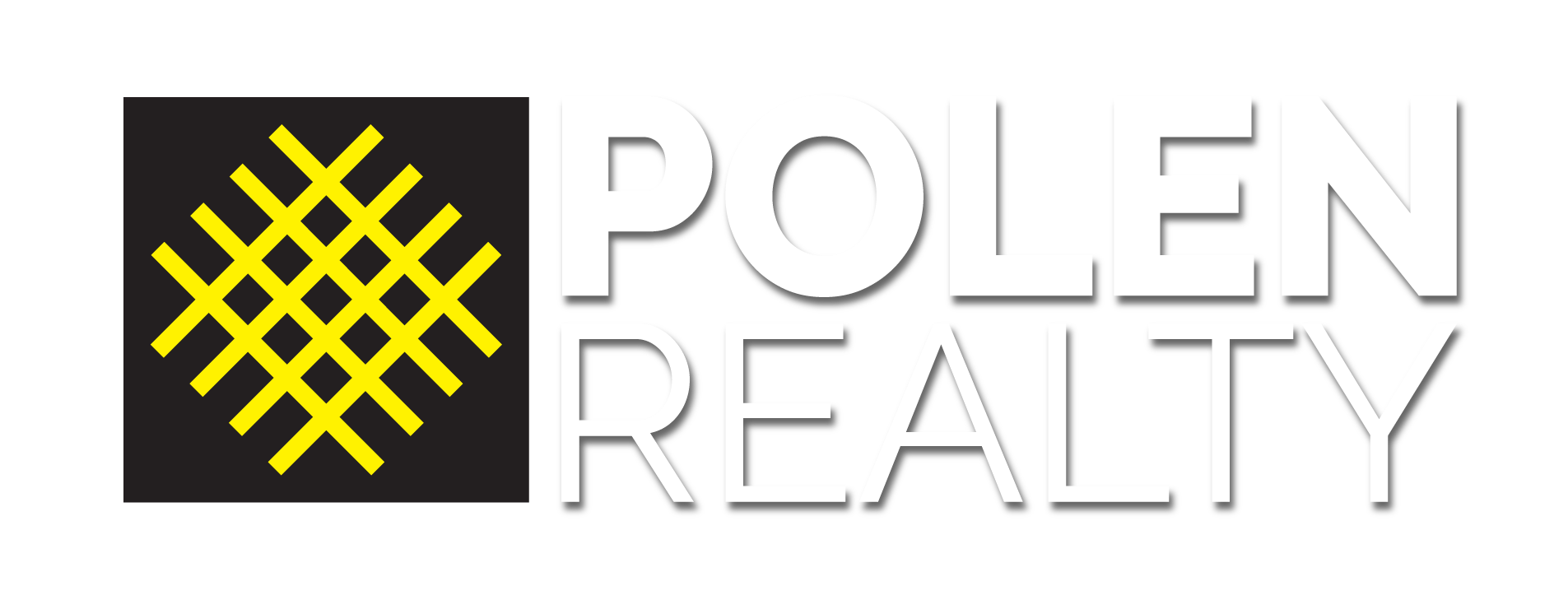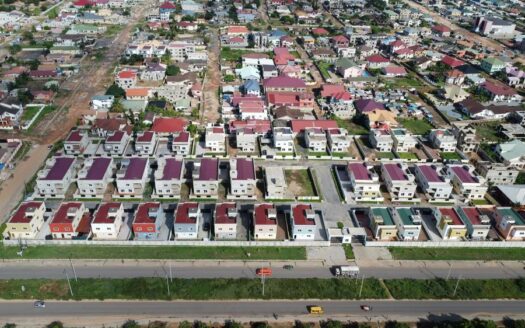Buying property in Ghana, especially in sought-after areas like Accra and Tema, is a significant investment that requires careful planning and informed decision-making. The property market in Ghana has grown substantially over the years, driven by urbanization, increased demand for housing, and growing interest from both local and international investors. Whether you are a first-time buyer or a seasoned investor, navigating Ghana’s real estate market can be complex, but with the right knowledge, it can be a rewarding experience.

In this guide, we’ll walk you through the essential steps, legal requirements, and expert tips to help you successfully purchase property in Ghana.
1. Understand Ghana’s Property Market
The first step in buying property in Ghana is understanding the current state of the market. Over the last decade, real estate in Accra and Tema has become a hotspot for investment due to the cities’ rapid urbanization, infrastructural development, and the rise of gated communities. Prime areas like East Legon, Cantonments, and Airport Residential Area are highly desirable for residential and commercial investments.
Key Market Trends:
- Increased demand for off-plan developments in gated communities.
- Steady appreciation of property values in prime areas.
- Growing interest in affordable luxury properties.
2. Choose the Right Location
When buying property, location is critical. Accra and Tema offer a variety of options, from high-end residential neighborhoods to more affordable areas. For investors, understanding the potential for capital appreciation in a given area is key.
Accra: Known for luxury properties, business hubs, and diplomatic areas, Accra offers high-end neighborhoods such as East Legon, Cantonments, and Airport Residential Area. These locations are ideal for buyers looking for long-term value and high rental demand.
Tema: A well-planned port city, Tema has seen rapid infrastructural development, making it an attractive destination for middle-income housing, particularly in areas like Tema Community 25 and Tema Community 22.
3. Work with a Registered Real Estate Agent
One of the most important steps in buying property in Ghana is finding a trusted real estate agent. A licensed real estate broker will guide you through the process, ensuring you find the right property within your budget and that all legalities are handled properly.
Tips for Choosing a Real Estate Agent:
- Verify the agent’s registration with the Ghana Real Estate Developers Association (GREDA).
- Work with agents who have a deep knowledge of the local market and can offer you insights on upcoming developments or hidden gems.
- Look for agents with a strong portfolio of sold properties in your preferred area.
4. Budgeting for Your Property Purchase
Real estate in Ghana can range from affordable to luxury, so it’s important to have a clear budget in mind. This includes not only the cost of the property but also additional expenses such as taxes, legal fees, and maintenance costs.
Costs to Consider:
- Land Valuation Tax: Based on the market value of the property.
- Stamp Duty: Typically ranges from 0.25% to 1% of the property’s value.
- Legal Fees: Legal representation is crucial for conducting title searches and ensuring that the property is free from disputes.
5. Legal Due Diligence: Title Search and Property Ownership
Legal due diligence is one of the most important steps in buying property in Ghana. Before committing to a purchase, conduct a title search at the Lands Commission to verify the property’s ownership and check for any outstanding encumbrances or disputes.
What to Verify:
- Land Title: Ensure the seller has the legal right to sell the property.
- Leasehold vs. Freehold: In Ghana, properties are typically sold as leasehold. The duration of a lease can range from 50 to 99 years, depending on the location.
- Clearance from the Lands Commission: Confirm that all land documentation, including site plans, has been cleared by the Lands Commission.
6. Financing Your Property
If you’re not paying cash upfront, financing options are available to help you buy property in Ghana. Mortgages are becoming more popular, but it’s essential to compare interest rates and terms to find the best option for your needs.
Mortgage Options in Ghana:
- Local Mortgages: Ghanaian banks like Stanbic, Republic Bank, and Fidelity Bank offer mortgage loans with varying interest rates.
- Foreign Investor Mortgages: Some banks offer financing solutions tailored to non-resident Ghanaians or foreign investors.
7. Completing the Sale: Negotiation and Agreement
Once you’ve found the property and secured financing, the next step is to negotiate the price. In Ghana, it’s common to negotiate, and working with a knowledgeable real estate agent can give you an advantage in getting the best deal.
After agreeing on a price, a sales agreement is drafted and signed by both parties. Ensure your legal team reviews this agreement to protect your interests before committing.
8. Transfer of Ownership and Registration
The final step in the property purchase process is the transfer of ownership. This involves:
- Signing the deed of conveyance.
- Paying the appropriate stamp duty to the Ghana Revenue Authority.
- Registering the property in your name with the Lands Commission.
Once the transfer is complete, you are officially the owner of the property.
Final Thoughts: Why Now Is the Best Time to Buy Property in Ghana
With Ghana’s real estate market on the rise and more infrastructure developments in the pipeline, now is an ideal time to invest in property. Whether you’re looking for a home in one of Accra’s upscale neighborhoods or an investment property in Tema, the potential for capital appreciation and rental income is high.
By following this guide and working with trusted professionals, you can ensure that your property purchase in Ghana is smooth, secure, and profitable.
Check out our recent posts
Top 3 Reasons Properties Don’t Sell Fast in ...
Struggling to sell your property in Ghana? Discover the top 3 reasons listings s ...
published on January 3, 2025
The Ultimate Guide to Buying Property in Gha...
Home Buying property in Ghana, especially in sought-after areas like Accra and T ...
published on October 12, 2024
Why Accra and Tema Have Become the Hotspots ...
In recent years, Accra and Tema have emerged as the premier destinations for pri ...
published on September 14, 2024
load articles



